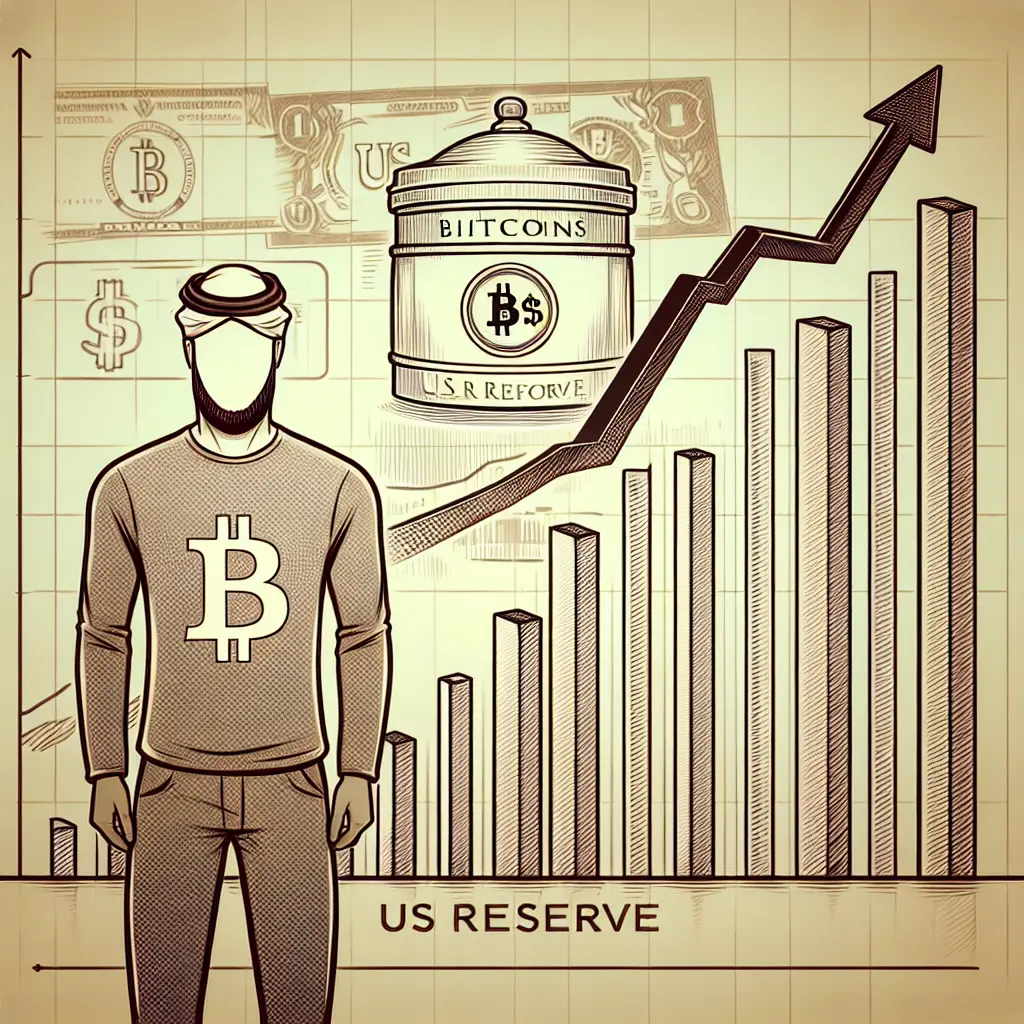In recent years, Bitcoin has not only revolutionized the financial landscape but has also made significant inroads into the luxury goods market. This cryptocurrency, once a niche interest of tech enthusiasts, is now a key player in high-end transactions, transforming how wealth is spent and luxury items are purchased. The integration of Bitcoin into the luxury goods market signifies a shift towards more flexible and decentralized financial dealings, influencing buying behaviors and opening new avenues for consumers and brands alike.
The luxury goods market has always been synonymous with exclusivity and opulence. Recently, it has started embracing Bitcoin, leading to an interesting evolution in how transactions are conducted within the sector. With Bitcoin, affluent consumers are finding an alternative way to secure high-end products ranging from exclusive watches to luxury cars and fine jewelry. This trend is not just about widening payment options but also about enhancing privacy and transaction speed.
One of the most notable impacts of Bitcoin on the luxury goods market is the increase in Bitcoin luxury purchases. As more high-net-worth individuals invest in Bitcoin, there is a noticeable shift in how these individuals choose to spend their wealth. Cryptocurrency impact in this sector is significant, providing a new asset use case that goes beyond mere investment or speculation. For instance, art auctions, premium real estate deals, and high-end retail now often see Bitcoin as a preferred payment method.
The adoption of crypto payments in the luxury sector is reshaping retail experiences. Luxury brands are increasingly accepting Bitcoin to cater to a global clientele that prefers digital currencies for their anonymity and security features. For example, prestigious auction houses like Sotheby’s have started accepting Bitcoin for multi-million dollar art pieces, reflecting a broader acceptance of this technology.
The correlation between Bitcoin wealth and spending on luxury goods highlights a new consumer segment. These are individuals whose cryptocurrency holdings have appreciated exponentially, and they're looking to diversify their investment through tangible high-end products purchased via crypto. Brands specializing in luxury items are recognizing this trend, adapting their strategies to accommodate the needs of crypto-affluent buyers.
Luxury Brands and Bitcoin Adoption
Luxury brands are strategically positioning themselves to benefit from Bitcoin adoption. By integrating blockchain technology into their operations, these brands ensure authenticity and exclusivity, key factors that appeal to their market segment. Moreover, the adoption of Bitcoin helps these brands tap into a younger, tech-savvy demographic that values both innovation and luxury.
Spending trends among Bitcoin users indicate a growing confidence in using cryptocurrency for large transactions. This is evident from recent spikes in Bitcoin prices which correlate with increased purchases in luxury sectors. The volatility of Bitcoin does pose risks, but the overall trajectory suggests a growing normalization of crypto transactions for luxury items.
The experience of luxury shopping with cryptocurrencies extends beyond mere transactional benefits. It includes enhanced privacy, reduced transaction fees, and quicker cross-border transactions. These factors make cryptocurrency particularly appealing for the international jet-setting consumers who frequent the luxury goods market.
Recent developments have kept Bitcoin in the headlines. For instance, Craig Wright's perjury investigation over claims of creating Bitcoin raises questions about the cryptocurrency's origins and future impact on various markets, including luxury goods. Additionally, news about Mt. Gox repaying investors in Bitcoin after years of legal battles reassures market stability and boosts buyer confidence in using Bitcoin for large-scale transactions.
Market Movements
Further emphasizing Bitcoin's influence, reports of large-scale Bitcoin mining operations, such as the one in a tiny Texas village, highlight the growing infrastructure supporting Bitcoin's expansion. Political figures showing interest in Bitcoin, like Donald Trump speaking at Bitcoin 2024, also underscore the cryptocurrency's widening appeal and potential regulatory shifts that could affect its use in various sectors including luxury goods.
Bitcoin's price fluctuations continue to influence market dynamics. For example, its slump below $59,000 amid market uncertainty contrasts sharply with its surge past $68,000 due to continued ETF inflows. These fluctuations impact consumer purchasing power and spending patterns within the luxury goods sector.
As we explore the intersections between cryptocurrency and luxury goods, it's clear that Bitcoin is not just a passing trend but a substantial influencer on high-end market dynamics. The luxury goods market is adapting to this change, seeing it as an opportunity to reach a broader, more digitally-native audience while offering enhanced transactional efficiency and security.
As we move forward, watching how these trends evolve will be crucial for both financial investors and luxury brands. The continuing integration of Bitcoin into this exclusive market is not only redefining traditional notions of wealth but also how that wealth is spent in pursuit of luxury.










Leave a Comment